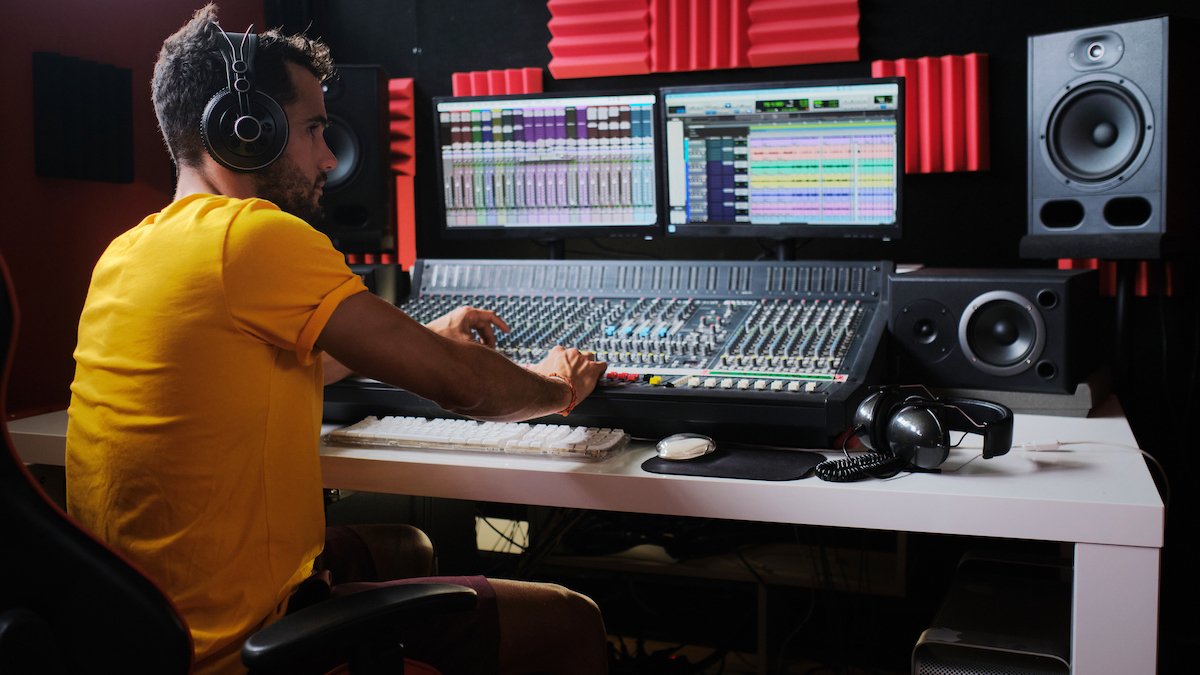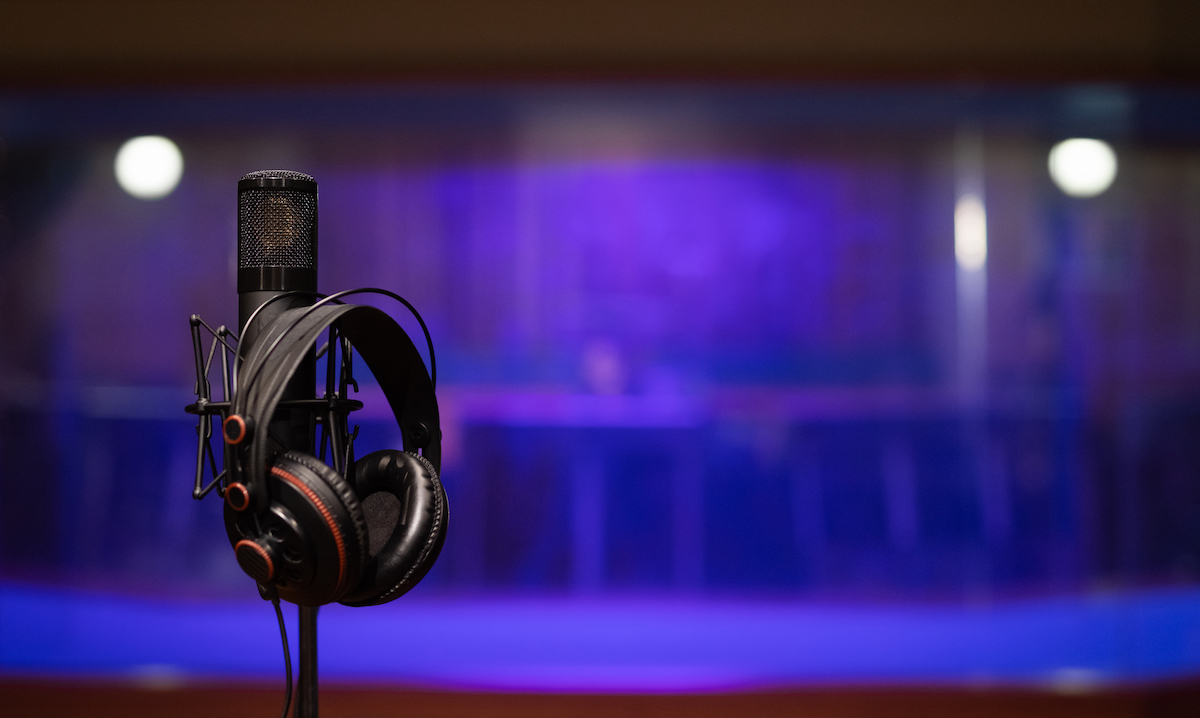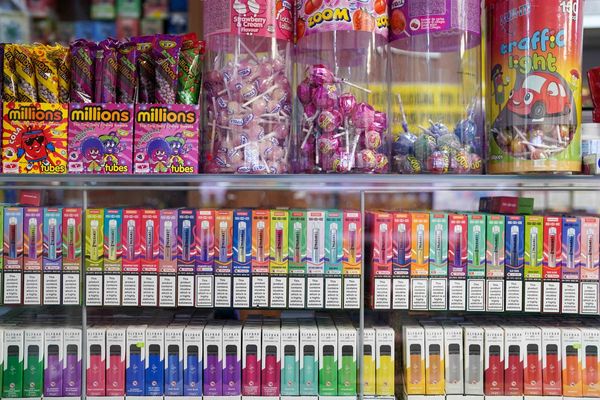
If you’re anything like me, your studio headphones endure a demanding day-to-day lifestyle, traversing busy studio environments before being casually tossed into a rucksack for travel and recreational uses. Unfortunately, headphone maintenance and care is frequently overlooked. Despite being an essential tool in studio workflows and daily music enjoyment - and not the sort of item you want to be replacing on a regular basis - they rarely get looked after as they should.
Headphones quite often have no designated home; I’ve seen pairs left in a tangle of cables, perched on a ledge, and even abandoned on the floor. Continued exposure to this sort of treatment can quickly lead to damaged cables and wiring, broken earcups and a general drop in performance - which will only have a negative impact on your music-making experience.
For this feature I’ve explored the proper methods for using, storing and maintaining your headphones, maximising their lifespan in the process. It’s time to fix some of those bad habits.
1. Invest in quality headphones in the first place
First and foremost, investing in a high-quality pair of headphones from the off is crucial for anyone who is serious about music, whether you’re recording yourself or simply enjoying a more detailed listening experiences. A good set of headphones will not only deliver high-quality audio but they are also built to withstand the test of time.
Look for features such as a sturdy headband, durable ear pads that resist tearing or loosening, and a secure fit around your head. You could also look for modular options where parts of the ‘phones are replaceable, which will extend the life of your headphones even more. We recommend our top picks in this guide to the best studio headphones and if you’re strapped for cash, our pick of the best budget studio headphones will get you the most bang for your buck.
2. Handle your cans with care
Without proper care, any set of headphones, regardless of their quality, can succumb to faults caused by accidental damage. While using your headphones correctly might appear obvious, it's easy for bad habits to develop as they become an integral part of your daily workflow.
Obtaining a proper over-ear seal is crucial for optimal frequency response and noise isolation, enabling you to listen comfortably at a moderate volume without subjecting the headphone’s drivers to excessive strain over extended periods. To achieve the ideal fit, position the headset over your head and adjust the headband until it sits comfortably. If the headset feels too tight, delicately bend the headband inward toward the earcups to alleviate the clamping force. Exercise caution here as excessive force could potentially damage the headband.
Another area of general headphone usage to keep in mind is when plugging them into a device, audio interface, or 1/4 inch jack adapter. The 3.5mm jack is prone to damage or bending when forcefully removed from or carelessly left inserted into devices, potentially harming both the headphone jack and the device itself. When inserting or unplugging from a device, it's advisable to hold onto the jack housing rather than the cable. Leaving headphones plugged into a device such as a laptop, phone, or interface when they're not in use can also cause tension on the jack or cable if it gets caught and tugged at the wrong angle.
Additionally, unplugging headphones when they're not in use serves to safeguard the headphone drivers from unexpected amplified signals and prevents accidentally driving the headphones at high volumes, a situation that’s often encountered when headphones are left plugged into the interface following a recording session.

3. Invest in self-storage
If longevity is a priority for your headphones, proper packing and storage are essential. Similar to jack leads and patch cables, headphone cables can suffer damage if not coiled correctly. Avoid wrapping the cable tightly around the headphones, as this can exert excessive tension on both the cable and the jack. Instead, if the headphone lead can unplug, remove it from the headphones and coil it in a loose circle using the recommended coiling technique: creating loose loops coiled alternately on each side of the wire - known as the under-over method.
When travelling frequently with your headphones and storing them in a rucksack, it's important to avoid simply tossing them in. Objects within your travel bag could press against them, potentially altering the headband's shape, clamping force, or adding tension to the jack casing and wire.
While some manufacturers include a case, if they don't we recommend investing in a reinforced soft case such as the UDG Creator, Magma Headphone Case, or Gator G-Club. These cases provide added protection, shielding your headphones from inadvertent pressure that could cause damage.
Most headphones allow you to disconnect the cable from the headphones. If the lead disconnects, it's advisable to coil it up inside the case to prevent tangling and ensure it remains undamaged during transport.
If you prefer to keep your headphones easily accessible on your studio desk or another surface, investing in a headphone stand is a smart choice. These supports cradle the headphones by the headband, removing the pressure from the cushioned ear pads and drivers.
You can loosely coil the wire at the base of the headphone stand for added convenience. Some recommended options include the Avantree Aluminum stand, Brainwavz Hengja, and Avantree Neetto Dual headphone stand, an option that’s particularly useful if you have multiple pairs of headphones to organise.
4. Consider a full valet on a regular basis
While wear and tear is unavoidable over time, there are measures you can take to preserve your headphones and lengthen their lifespan. Regular cleaning is a sensible habit. Just as you wouldn't wear the same pair of jeans for months without washing them, cleaning your headphones keeps them looking fresh and free of any build-up of dust and dirt. Additionally, it aids in removing bacteria that could accumulate in the warm, dark environment inside the ear cups after extended listening sessions.
When cleaning your headphones, gather items such as a paper towel or lint-free cloth, a soft toothbrush, tweezers, and a cleaning liquid such as high-percentage rubbing alcohol like AF Isolene, Isopropyl or diluted bleach. Be cautious not to use excessive liquid, as it could potentially damage or erode the finish of your headphones.
For a thorough cleaning of your headphones, begin by removing the ear pads and extending the headband to expose as much of the headphone surface as possible. This provides access to every nook and cranny for cleaning. Use a toothbrush to gently brush off any dust and dirt, being careful not to push debris into the exposed drivers. For stubborn hairs or threads stuck in the headphones, use tweezers to carefully remove them.
With the physical debris addressed, it's time to disinfect your headphones. Gently wipe the earpads and headband with the cleaning solution, ensuring sufficient solution and pressure are applied while preventing any dripping. When cleaning around the drivers, exercise extra caution to avoid getting any solution inside them. For added precaution, hold the ear cups upside down with the drivers exposed and wipe from below to ensure any drips fall away from the headphones, reducing the risk of liquid entering sensitive components. This meticulous approach guarantees a comprehensive cleaning without jeopardising the delicate headphone drivers.







